
Conrad “Chris” Weihl, MD/PhD
Principal Investigator
Professor of Neurology

Jil Daw
Research Technician
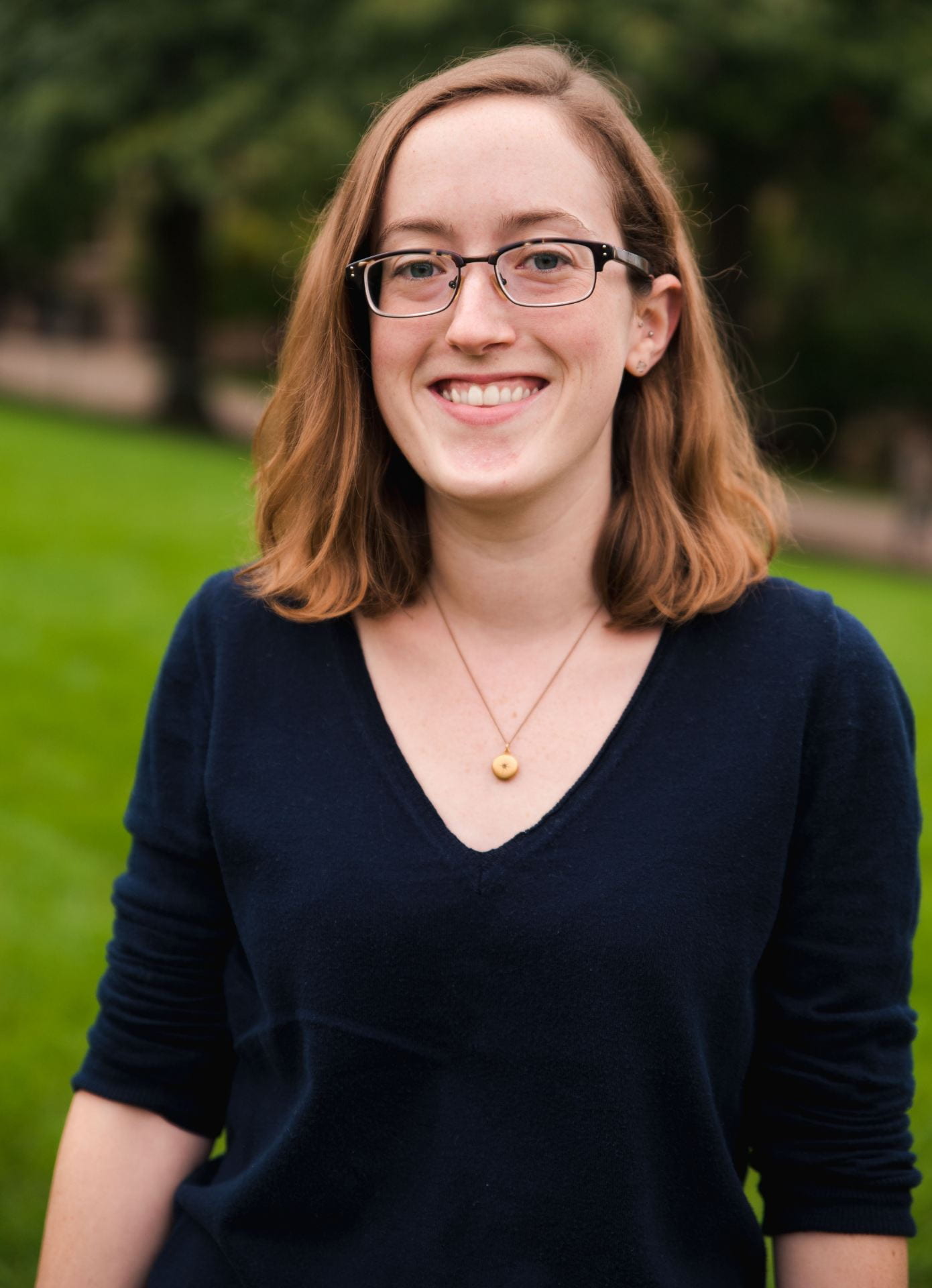
Eileen Lynch, PhD
Post Doctoral Research Associate
Eileen is interested in how protein aggregation (TDP-43 in particular) links neurodegenerative diseases and myopathies. TDP-43 is a ubiquitously expressed RNA-binding protein that in many diseases forms proteopathic seeds: misfolded amyloid-like oligomers that propagate by converting native TDP-43 into further misfolded seeds. It has been shown that these seeds are capable of cell-to-cell transmission via connected neuronal networks. However, it is unknown whether TDP-43 proteopathic seeds can form and spread from skeletal muscle to the central nervous system. Eileen is using in vitro and in vivo models to study whether this is a possible disease mechanism for patients in cases such as multisystem proteinopathy.
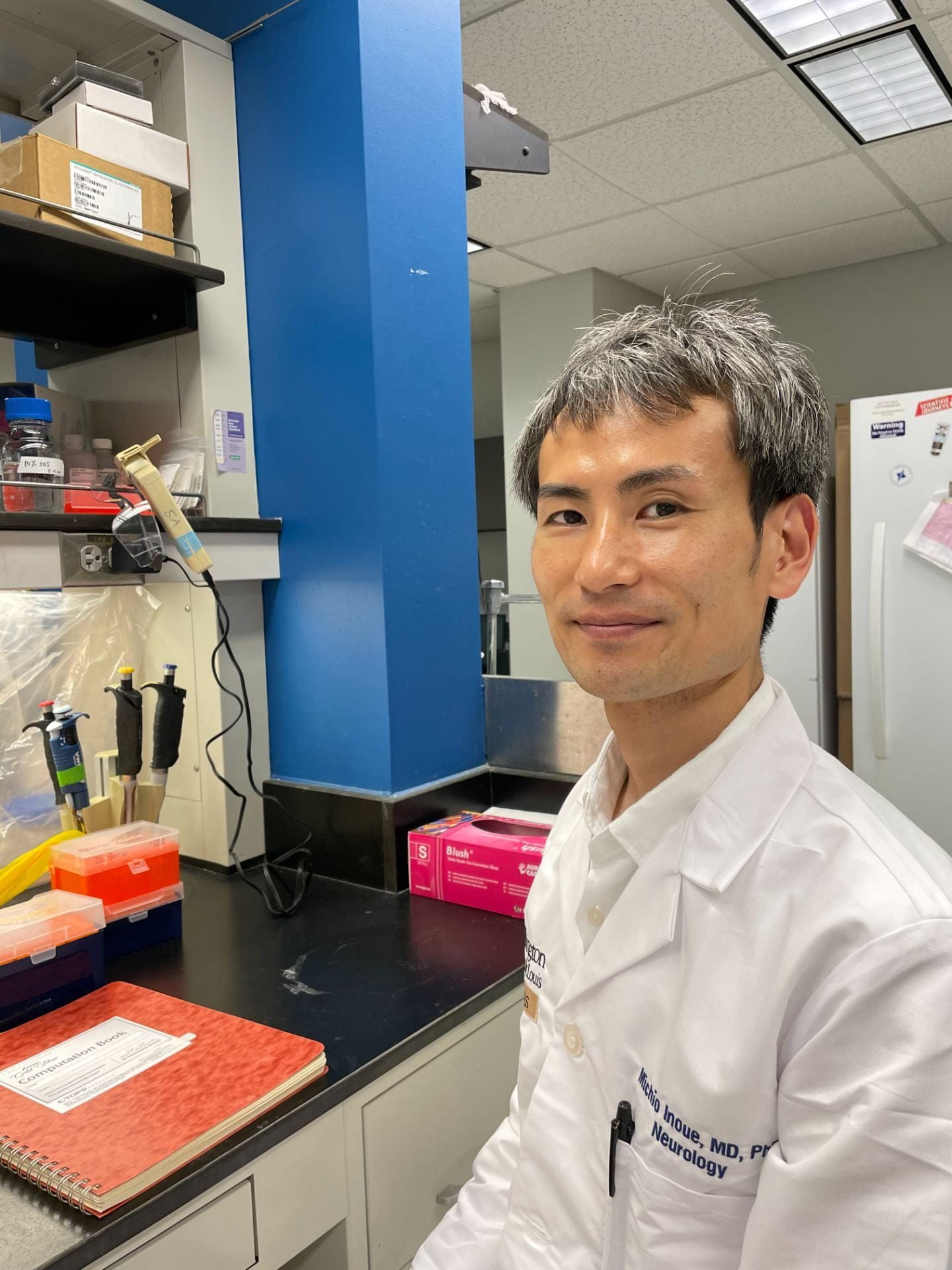
Michio Inoue, MD/PhD
Staff Scientist
Dr. Inoue is interested in the pathomechanism of protein aggregate myopathies, especially those related to heat shock proteins.
He is also investing the effect of the second site mutations in DNAJB6.
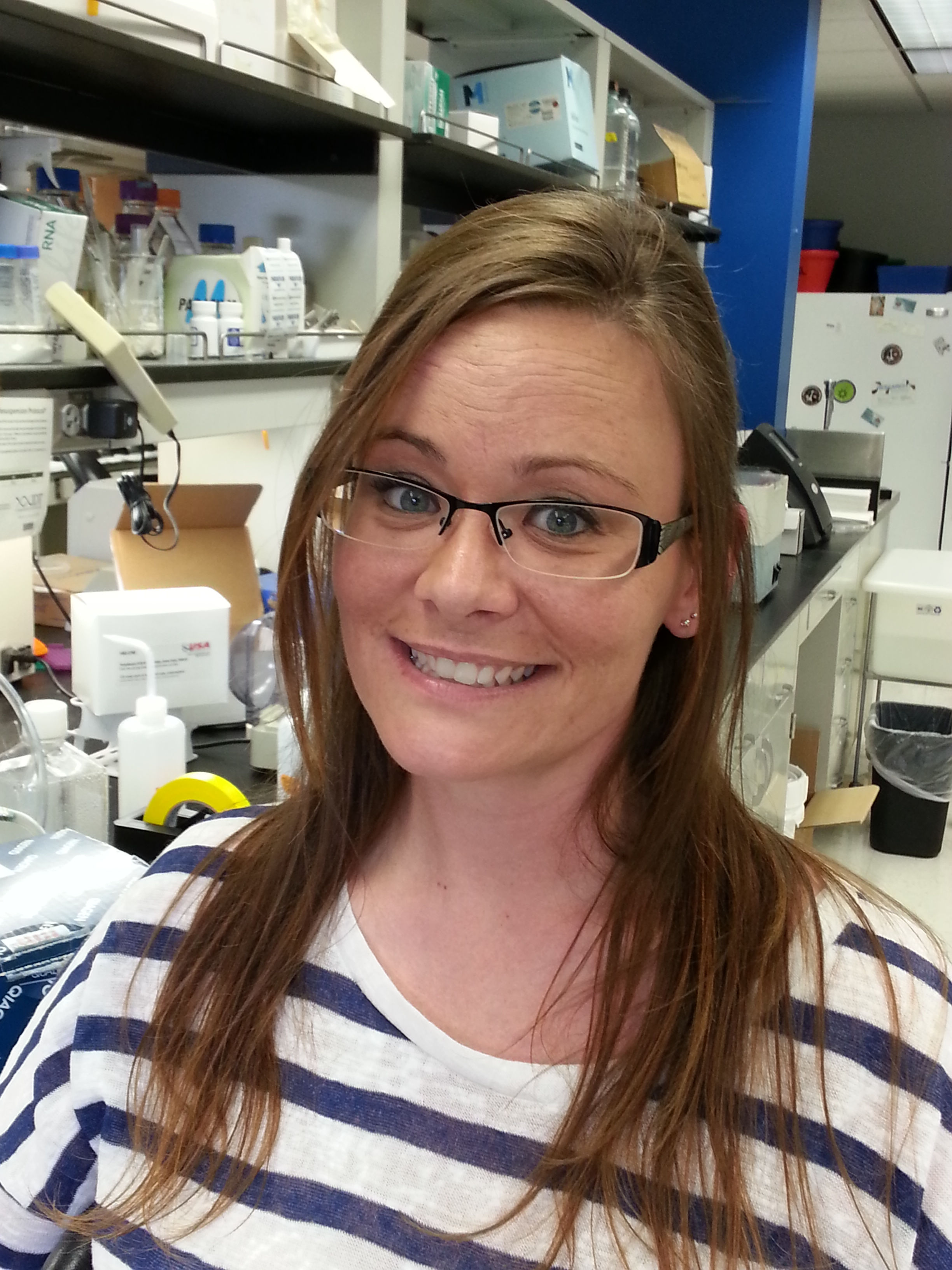
Sara Pittman
Lab Manager
John F. Jachimiak III
Undergraduate Student

Rocio Bengoechea Ibaceta, PhD
Staff Scientist
Muscular dystrophies are a disabling and often fatal form of hereditary muscle disease. No proven therapies exist for many forms. Dr. Ibaceta’s research has been focused on the characterization of molecular pathways involved in the development of neuromuscular disorders linked to mutations in protein chaperones DNAJB6 and DNAJB4. Her studies explore not only the pathogenesis of these neuromuscular disorders but also the identification of new strategies for the treatment of these diseases based mainly on mouse models and primary cultures

Andrew Findlay, MD
Neuromuscular Fellow
May Paing, PhD
Senior Scientist
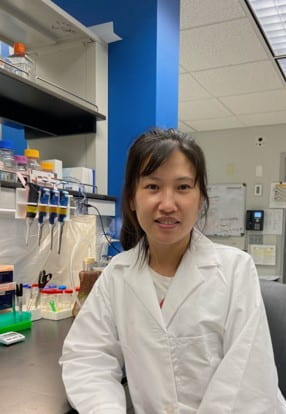
Chengcheng Li, PhD
Cheng Cheng’s research interest is to develop new high-throughput approaches to functionally screen missense variants in the LGMD related genes. As an example, in order to link the sequence of each SGCA variant to its functional capacity (proper membrane localization), they established a FASC-based assay which is able to identify SGCA variants which fail to properly localize to the cell membrane. Reclassifying variants of unknown significance would broaden the spectrum of putative disease-causing variants, helping improve the LGMD2D diagnosis, allow wider use of gene therapy and enable new treatment design.
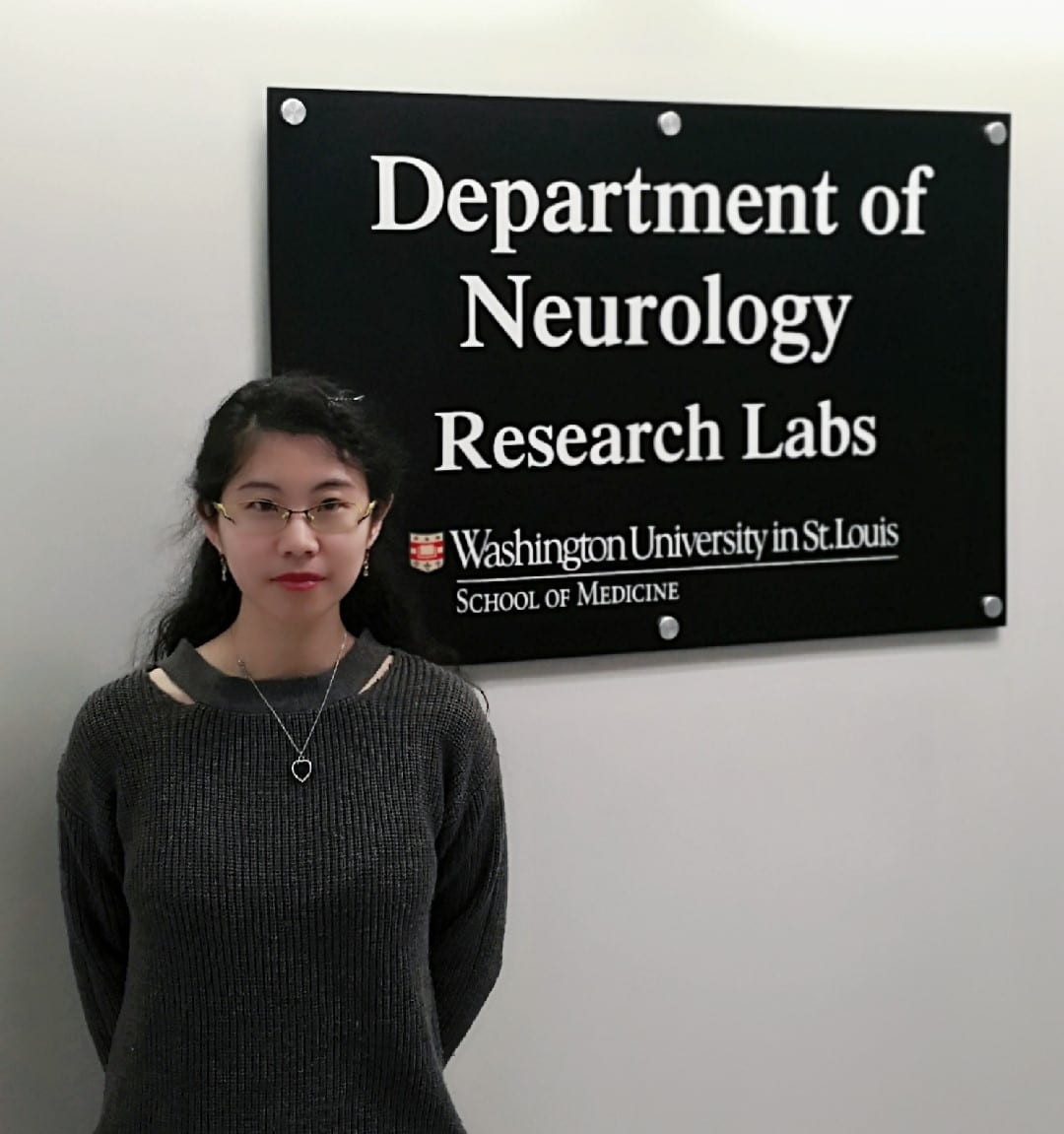
Jiang Zhu
Graduate Student
Jiang is interested in the intracellular pathway in proteopathic seeding including synuclein and TDP-43. She studies seeding related to neurodegenerative diseases using CRISPR technique and next-generation sequencing. She is also profiling microRNA and mRNA in TPD-43 seeding activities in neurons. Alongside all of this, she is also involved in characterizing our VCP frontotemporal dementia mouse models.
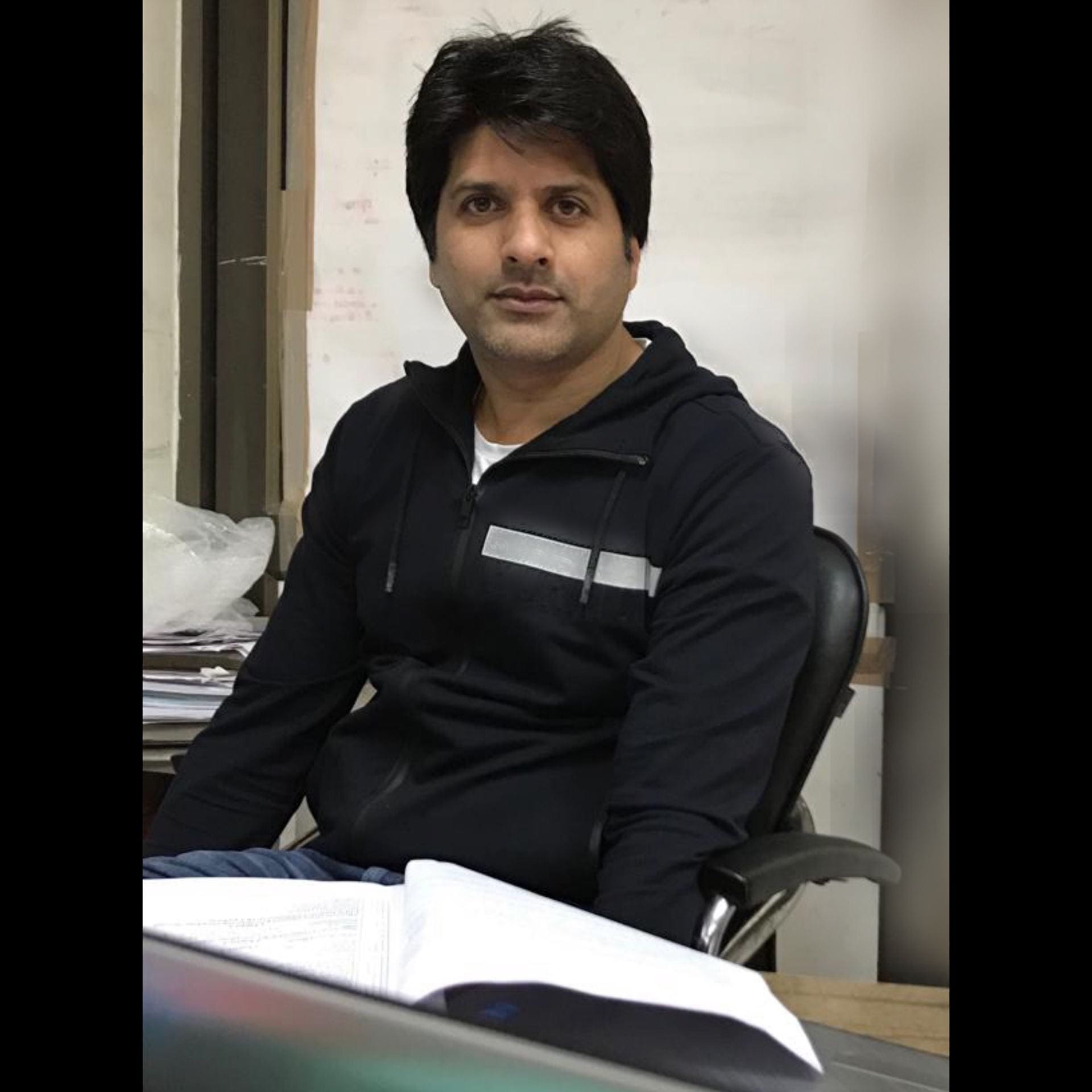
Abubakar Wani, PhD
Post Doctoral Research Associate